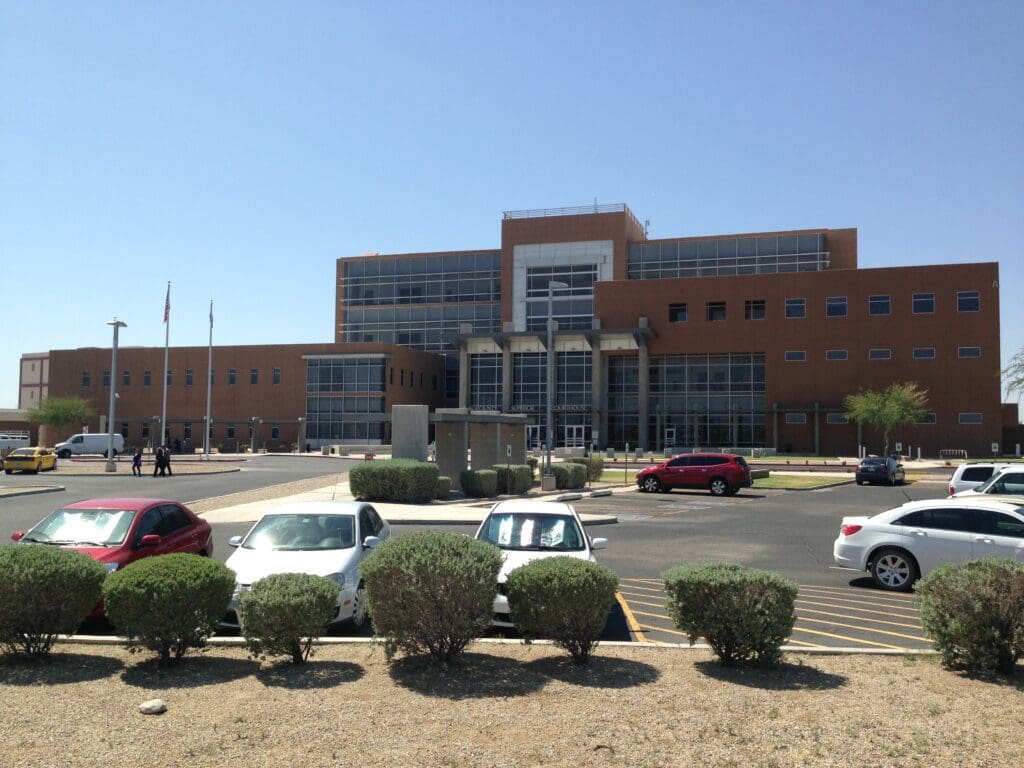power of judgments
Eviction judgments can be a powerful tool that dramatically increases the odds of a creditor collecting on the debt. A typical judgment will order the debtor to pay the amount awarded to the creditor, attorneys’ fees, court costs, and interest until paid in full. The Justice court jurisdictional limit is $10,000 (see A.R.S. 22-201), plus court costs (see Rule 139(d)) and attorneys’ fees (see Rule 139(d)).
After making a written demand for the awarded damages most people will not voluntarily pay. However, this is where the judgment itself can help an Arizona creditor recover their money.
A judgment can give creditors the power to garnish wages, levy bank accounts, or place liens on certain assets. Without the judgment all a creditor can do is beg for the money.
arizona evictions and credit reports
When a landlord obtains a judgment against someone, many people think it automatically go on their “record”, or credit report, but this isn’t always the case. The eviction judgment is a matter of public record, but the only way to guarantee that a judgment will show up on a credit report is to record the judgment with the relevant Arizona county. The eviction judgment will stay recorded until the debt is paid, it expires, or the debtor files bankruptcy.
In Arizona, most residential evictions occur in a Justice Court. In order to record the judgment with the county, a certified copy of the judgment must be sent to the Arizona Superior Court to receive a new case number. Once a Superior Court judgment has been established a certified copy can be recorded with the appropriate county. Each of these steps requires a filing fee–as of 2022–the total fees are just over $130.
A judgment will remain on the credit report until it is paid, or for as long as the judgment is valid. In Arizona, judgments are automatically valid for 10 years but can be renewed for another 10 years and another 10 years, etc. If the debt is paid in full, then the creditor must file a satisfaction of judgment with the county to demonstrate that the debt has been paid in full.
In summary, here are the main things to know when recording a judgment with the proper Arizona county.
- The only way to ensure a judgment shows up on a credit report is to record it with the appropriate county recorder’s office.
- If the judgment is paid in full, then the creditor MUST file a satisfaction of judgment with the court and then with the county recorder.
- If not paid, the judgment will remain valid for 10 years, and an additional 10 years if it is renewed.
It is a common misconception that judgments automatically appear on a debtor’s credit report. However, this is not always the case. The judgment is a public record, and a diligent background checker will find it, but the only way to ensure the judgment appears on someone’s credit report is to record it with the county. Once this happens, it will appear on their credit report as a monetary judgment.
Ideally, a background check will reveal the eviction judgment even without it being recorded with the county. If you are a landlord, you should always perform background checks on prospective tenants.
However, for more everyday occurrences that don’t require a full-blown background check (like applying for a credit card or loan), having a blighted credit report can make life difficult.
satisfaction of judgment
Once a judgment debtor has satisfied a judgment, it is the creditor’s responsibility to file a satisfaction of judgment with with the relevant court. This will notify all interested parties that the debt has been paid in full.
If you need help from an Arizona real estate attorney, then contact the Dunaway Law Group at 480-389-6529 or message us HERE.
* The information provided is informational only, does not constitute legal advice, and will not create an attorney-client or attorney-prospective client relationship. Additionally, the Dunaway Law Group, PLC limits its practice to the State of Arizona.

